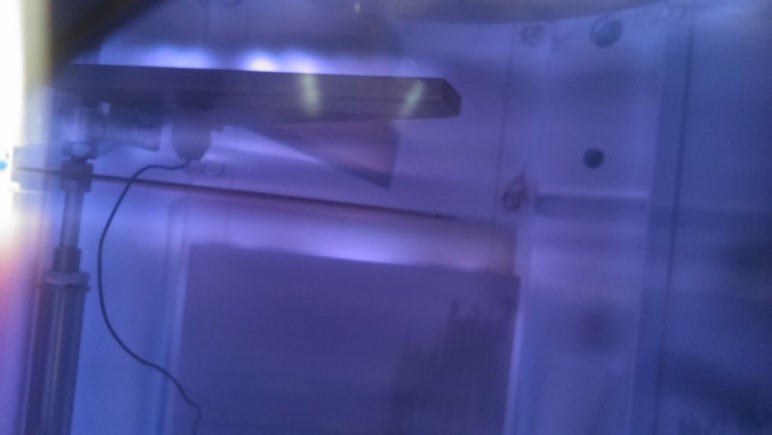
R&D in advanced energy technologies
The main challenges facing our current energy systems, and therefore our current energy technologies, are clearly defined by the policies set forth by such bodies as the European Commission. The following priority objectives were set for 2020:
- Reduce greenhouse gas emissions by 20%.
- Reduce energy consumption by 20%.
- Increase the contribution of renewable energies to the energy mix up to at least 20%.
Our current energy system, based on the use of fossil fuels, is responsible for the emission of a high amount of greenhouse gases, which makes it necessary to develop new energy technologies and productive processes that leave a smaller “carbon footprint”, or manufactured products that have a longer lifespan or a better performance. Within this context, the following project tackles 3 possible solutions that would contribute to the development of a more sustainable energy system and industry. They are the following: i) the recovery of energy from waste generated by the industry itself, ii) the development and implementation of robotic systems in industrial processes and iii) the improvement of the energy efficiency of the industrial processes themselves, or of the manufactured products.
There are different key industrial sectors in the Community of Valencia, such as plastic processing, the automobile industry, or renewable energies, where a reduction in the energy consumption of some of their processes or an increase in the performance of some of the products they manufacture can be achieved by developing functional or “intelligent” coatings. These functional coatings are thin layers of different materials that confer certain properties (catalytic, hydrophobic, “self-cleaning”, strength, resistance to abrasion, fungicides, etc.) on the substrates to which they are applied. The preparation of coatings or thin layers of materials on any type of substrate can be carried out using different techniques; one of the most versatile is PVD (Physical Vapour Deposition).
This project examines in depth the knowledge we have of PVD technology for the development of functional and intelligent coatings, which will be validated in 4 demonstrators that will be intimately linked to the industrial fabric of the Community of Valencia. As specific objectives for the project during 2019, we propose the development of the following demonstrators:
- Nitrate ceramic coatings on metals for injection moulds to increase their hardness, resistance to abrasion and anti-adherence properties (increased productivity in plastic injection industries).
- Plastic coatings (food packaging) with metal oxides and ceramics to increase their impermeability to H2O y O2 (improved food preservation).
- Development of glass with “self-cleaning” properties for photovoltaic/solar thermal panels, or in structural glass for building façades and civil work.
- Metallizing (Chromium plating) of plastic products with decorative and ornamental purposes for the car industry (thereby avoiding metallizing through traditional galvanization, which is very polluting).
- Characterisation and validation of the developed coatings.
IVACE PROGRAMME: GVA line to boost the capacity and activity of AIJU in order to develop excellence in R&D, disseminating the results of the research carried out and facilitating and driving the transfer of knowledge to companies in the Community of Valencia.
- Start date: January 2019
- Duration: 12 months
- Status: Work in progress
COORDINATOR CONTACT INFO:
- Name: Rubén Beneito
- Telephone: 96 555 44 75
- e-mail: rubenbeneito@aiju.es
